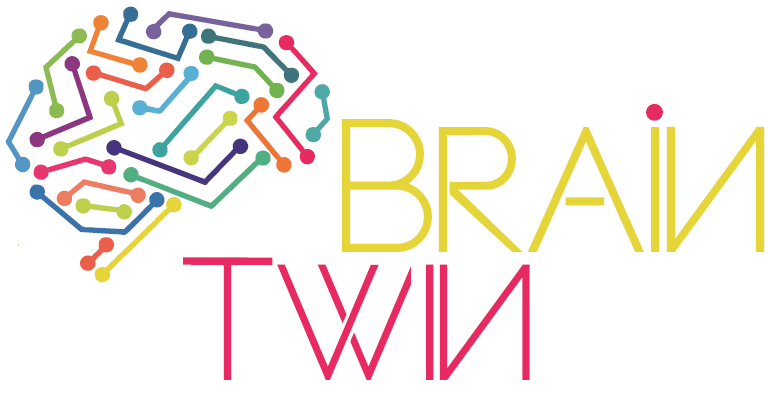BrainTwin enhances networking activities and strengthens the research collaboration in the field of Neuroengineering between leading research institutions in Romania (TUIASI), Germany (Fraunhofer) and Spain (USAL) with the support of knowledge transfer organisations from Austria (ZSI) and Germany (SEZ).
The main objective of BrainTwin is to address the preparatory tasks necessary to establish a new world-level centre for research and education in the field of Neuroengineering. This centre should be integrated into the organisational structure of TUIASI eventually.
The centre’s mission will be targeted to three main challenges in the patient medical care process:
– early detection of progressive neurodegenerative disorders,
– cooperative robotic diagnostic and therapeutic procedures like surgery
– e-instruments for life quality improvement of the patients
Thematic background: Neuroengineering is a discipline with high potential for the future that uses engineering techniques to study, restore, replace, or enhance neural systems. It comprises the application of engineering principles and techniques to the field of neuroscience. Bringing together research institutions from medical and engineering sciences bears the potential to achieve further significant progress e.g. in the comprehension and care of neurodegenerative diseases, as well as in the development of brain-connected prosthetics.
The city of Iasi in the North-East of Romania is a strong research and higher education hotspot. The Technical University Gheorghe Asachi of Iasi (TUIASI) is an excellent university the field of engineering and is part of the North East Regional Innovative Cluster for Structural and Molecular Imaging (the only medical imaging cluster in Romania). For this reason, TUIASI has the strategy to develop a new centre for research and education in the field of Neuroengineering. In order to achieve this goal, TUIASI draws on the strong support of its internationally leading counterparts in Germany and Spain.
This twinning exercise
- enhances the scientific and technological capacity of TUIASI by knowledge exchange (with a focus on early stage researchers)
- strengthens the research management skills of TUIASI staff
- increases the visibility of Romanian Neuroengineering Research in order to better compete at international level
- organises a series of capacity building and training activities between Romanian and EU researchers, including joint workshops, summer schools, short-term staff exchanges and expert twinning visits
- and widens TUIASI’s scientific excellence and innovation capacity
Moreover, an international project support centre for proposal preparation and project management/administration in view of large international R&I grants (such as from Horizon 2020 or Horizon Europe) is planned to be established at TUIASI.
